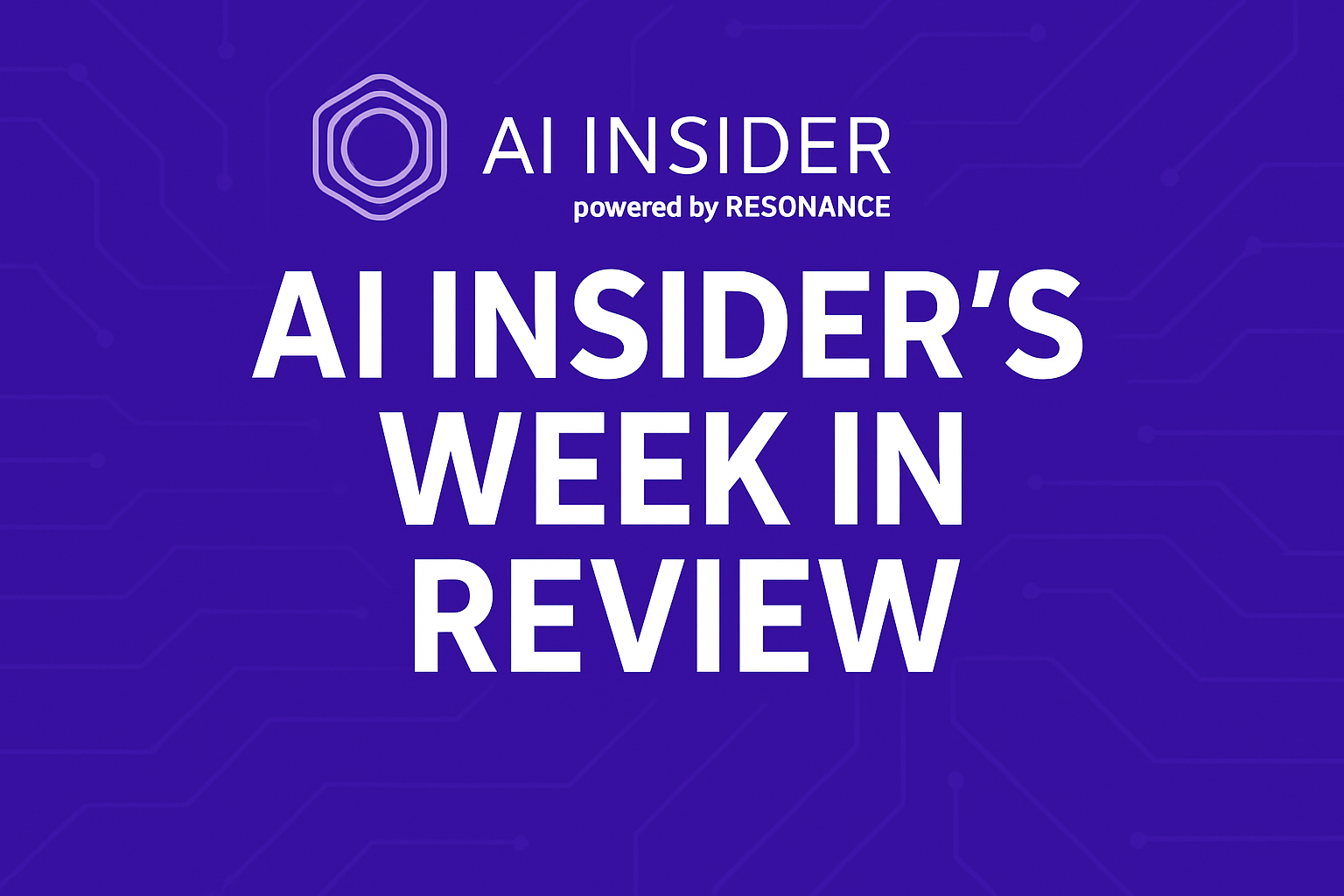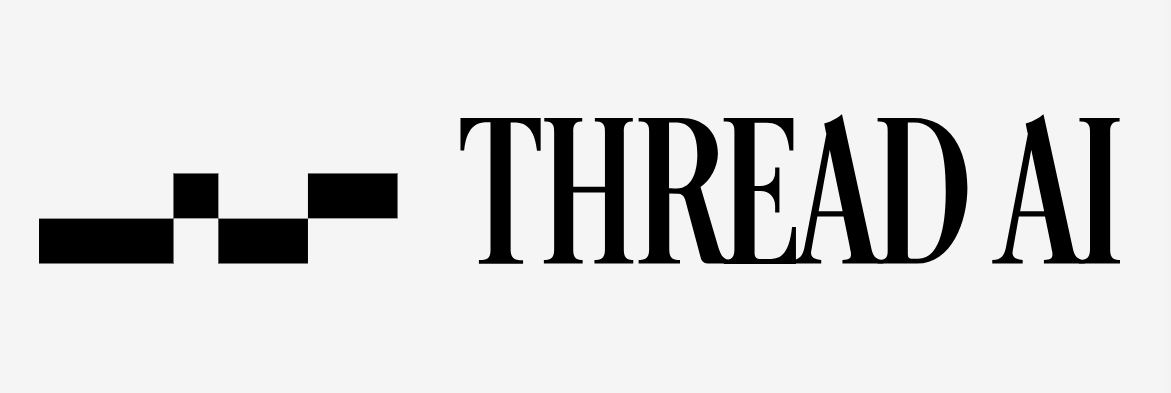According to a recent study by Spain’s IE University, the majority of Europeans are calling for governmental regulations on artificial intelligence (AI) to protect jobs from automation risks. Out of 3,000 participants, 68% favour regulations, marking an 18% increase from a similar 2022 study by the same institution, where 58% supported such regulations. However, Estonia diverges from this trend, with support for regulations dropping by 23%, leaving only 35% in favour.
Job Loss Threat
“The most common fear is the potential for job loss,” said Ikhlaq Sidhu, dean of the IE School of SciTech at IE University.
The overall mood in Europe leans towards AI regulations to prevent job displacement. This is reflected globally as nations strategize AI regulatory frameworks.
“Public sentiment has been increasing towards acceptance of regulation for AI, particularly due to the recent rollouts of generative AI products such as ChatGPT and others,” Sidhu continued.
AI Safety Summit
The European Union is considering the AI Act, which proposes risk assessments tailored to various AI applications. Concurrently, U.K. Prime Minister Rishi Sunak is organizing an AI safety summit in Bletchley Park on Nov. 1 and Nov. 2. Sunak envisions the U.K. as a central hub for AI safety regulations, emphasizing its strong scientific and technological legacy.
However, the study also highlighted concerns: a significant portion of Europeans, 73%, might struggle to differentiate between AI-generated and genuine content. This skepticism is more prevalent among older Europeans, with over half doubting their ability to discern real from fake. This poses challenges, as AI’s potential to produce misleading content could influence significant events, such as elections.
Featured image: Franz Bachinger from Pixabay






